Michigan Cannabis Retailer Fights Los Angeles' Social Equity Licensing in Court
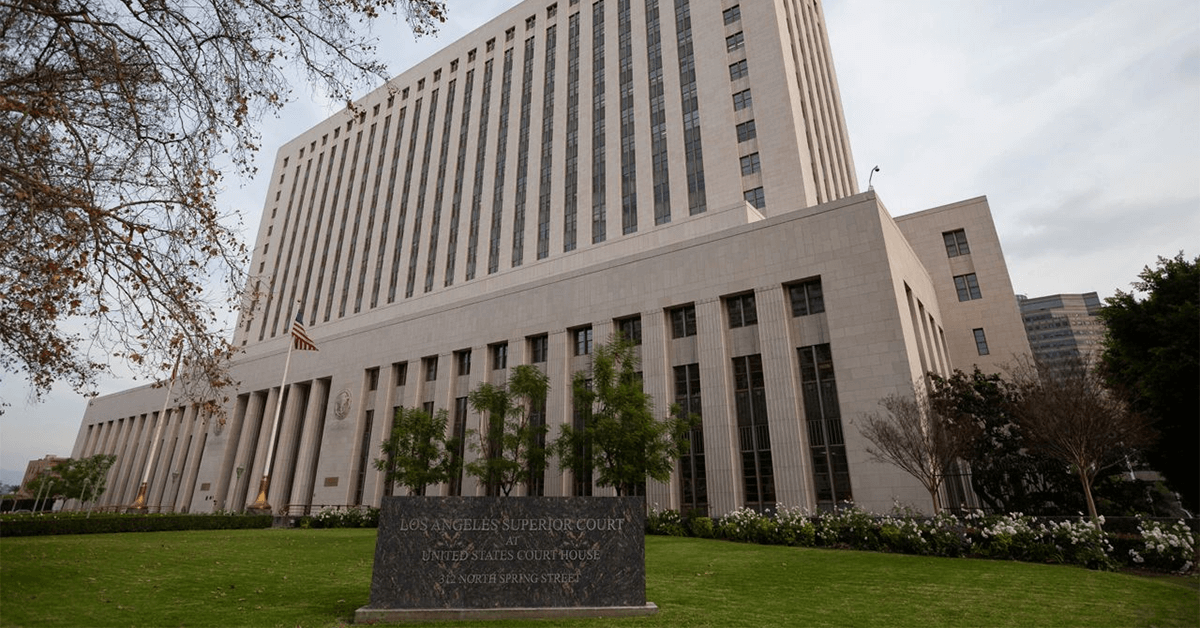
A Michigan cannabis retailer is contesting Los Angeles' social equity licensing program, asserting that it unfairly favors California residents. Variscite Inc. and its owner, Kenneth Gay, argue that the program violates the Constitution's dormant commerce clause by discriminating against out-of-state applicants.
In a response brief filed recently, Variscite contends that the city's motion to dismiss the case is based on erroneous arguments. The brief critiques the city's attempt to distinguish a First Circuit decision, which applies the dormant commerce clause to cannabis markets, and questions the relevance of a repealed 2013 memorandum from then-Deputy Attorney General James M. Cole of the U.S. Department of Justice.
Variscite's brief highlights that the First Circuit correctly recognized that Congress, through the Rohrabacher-Farr Amendment, has significantly decriminalized medical cannabis by prohibiting federal prosecution of state-legal cannabis operations. The company argues that this decision does not misconstrue federal law but rather affirms that the dormant commerce clause applies regardless of the federal legality of the interstate market.
The First Circuit's opinion, according to Variscite, only addressed medical cannabis because Maine conceded it was unlikely to succeed in defending its residency requirements for recreational use licenses. Variscite maintains that Congress did not exclude cannabis markets from the dormant commerce clause through the Controlled Substances Act (CSA). While the CSA allows Congress to criminalize the interstate cannabis market, the dormant commerce clause restricts states from favoring their residents over those from other states.
Variscite further argues that Congress, by passing the Rohrabacher-Farr Amendment and provisions allowing the rescheduling or removal of cannabis from Schedule I, has implicitly supported an interstate cannabis market free from federal intervention. Therefore, the dormant commerce clause should apply, regardless of cannabis's federal legal status.
The lawsuit claims that Los Angeles' social equity criteria, which prioritize applicants from specific Southern California areas or those with California cannabis convictions, unconstitutionally favor state residents. Jeffrey Mark Jensen, Gay's attorney, has contested similar residency requirements nationwide.
In May, Los Angeles renewed its motion to dismiss the case after the Ninth Circuit allowed one of Gay's businesses to challenge Sacramento's residency requirements. The Ninth Circuit found that abstention was not warranted since the ordinance clearly mandated residency for equity program participation.
The Central District of California paused Variscite's case during the Sacramento litigation.
Variscite's recent brief asserts that residency requirements do not advance the CSA's goals, as they do not prevent cannabis sales but rather ensure state residents benefit financially. The brief also criticizes the state's justification for excluding out-of-state owners, noting that Los Angeles permits up to 49% out-of-state ownership of licenses and allows nonresidents with a California cannabis conviction and residency in a disproportionately impacted area to fully own a license.
Moreover, Variscite disputes the city's reliance on the 2013 Cole memorandum, which advised against cannabis diversion enforcement. The memorandum, repealed in 2018, does not pertain to Variscite's lawsuit, which focuses on interstate commerce rather than cross-state cannabis movement.
Lastly, Variscite urges the court not to dismiss its damages claims, emphasizing that it seeks compensation for constitutional violations, not lost cannabis sales profits. Variscite argues that the city's lottery, held while the case was pending, constitutes a redressable constitutional breach.
Share this article:
Spotted a typo, grammatical error, or a factual inaccuracy? Let us know - we're committed to correcting errors swiftly and accurately!

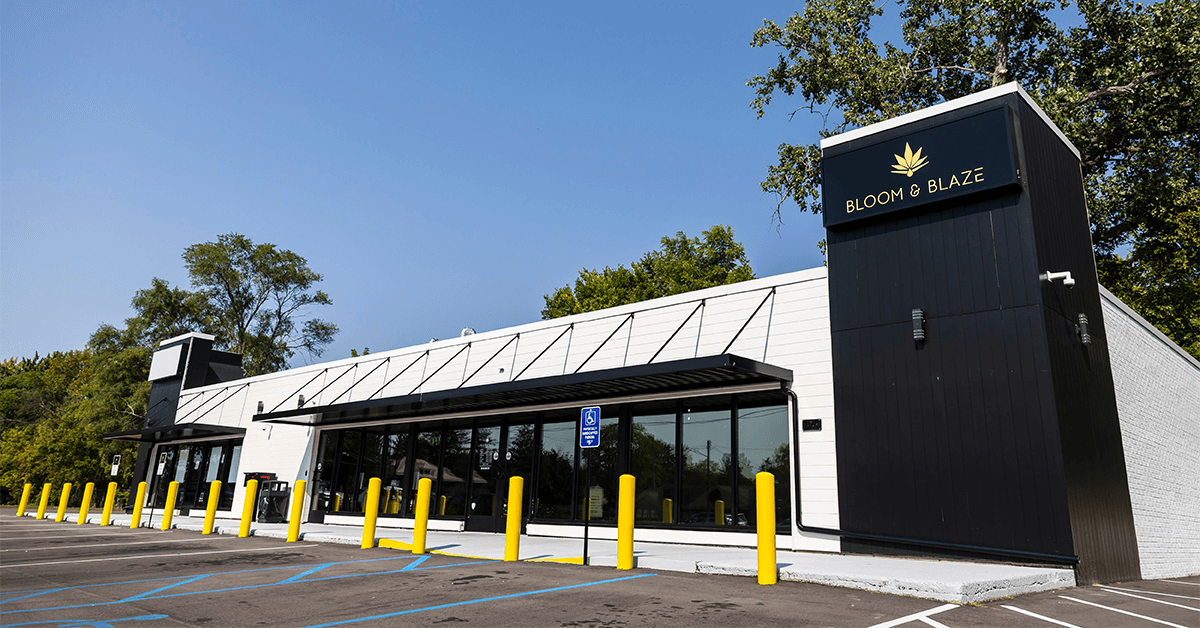

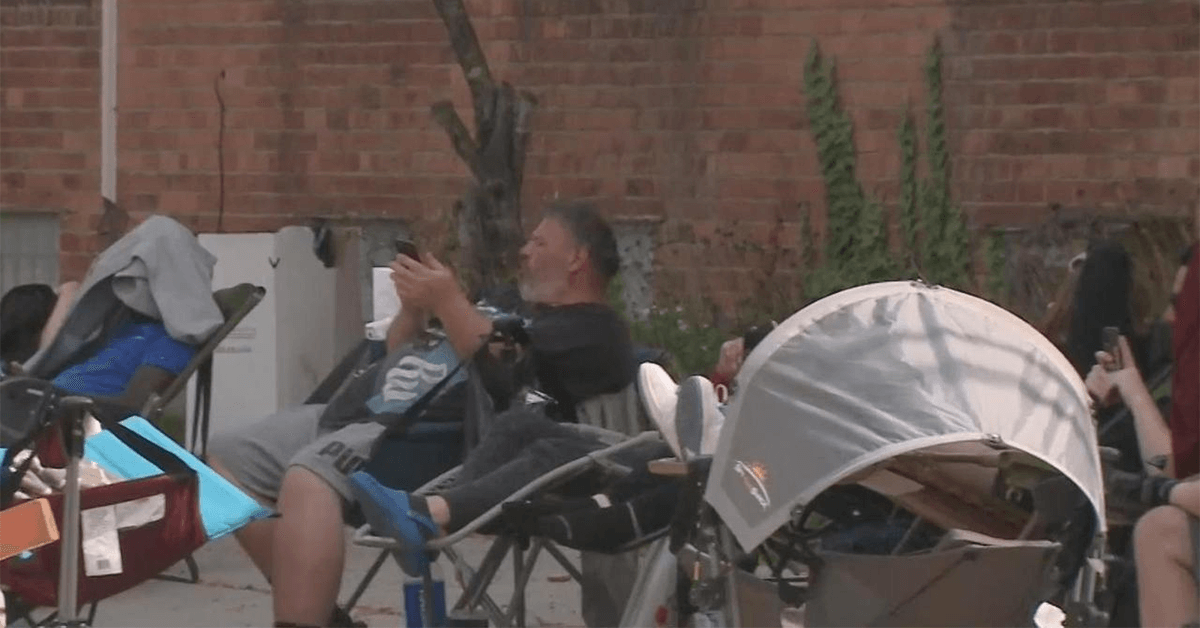
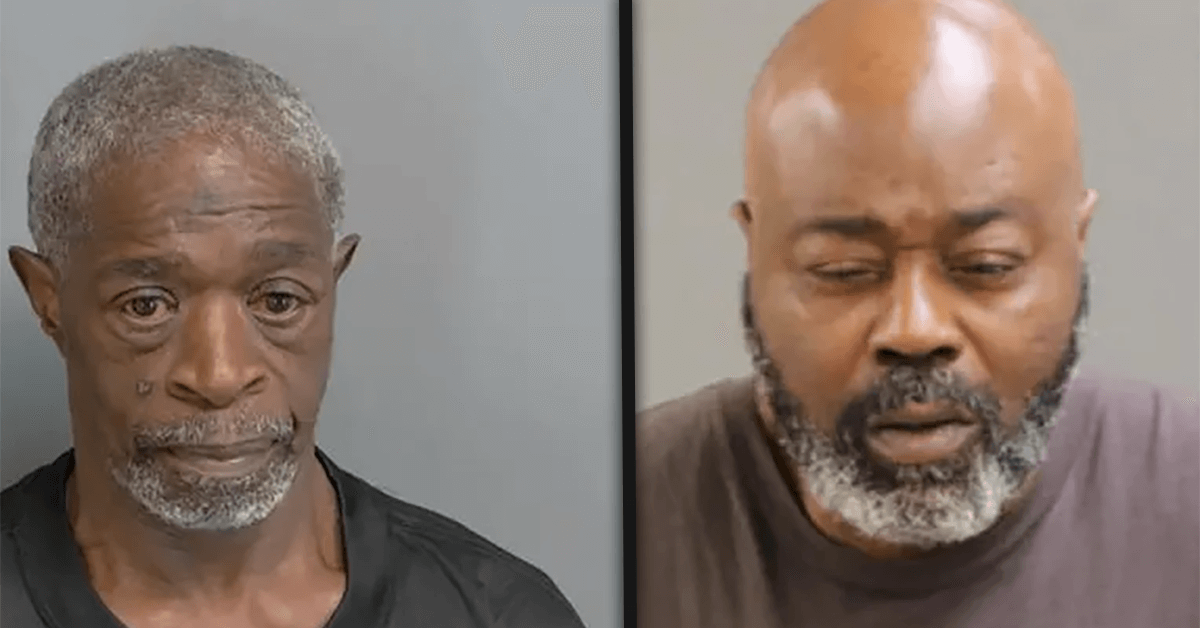
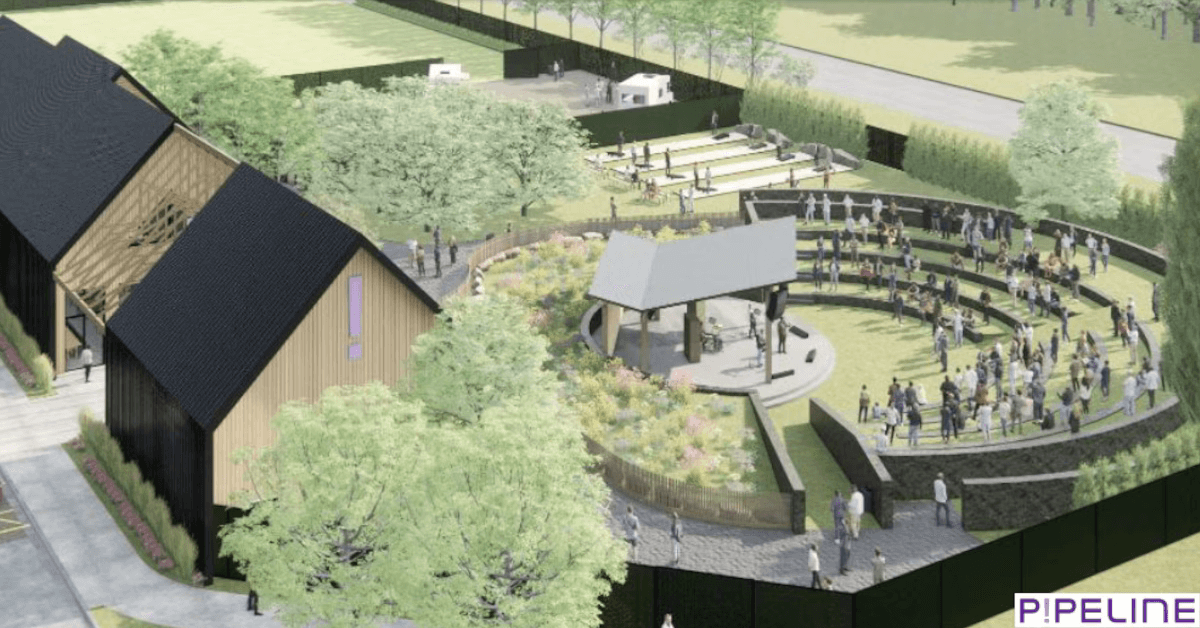


 Helpful Links
Helpful Links